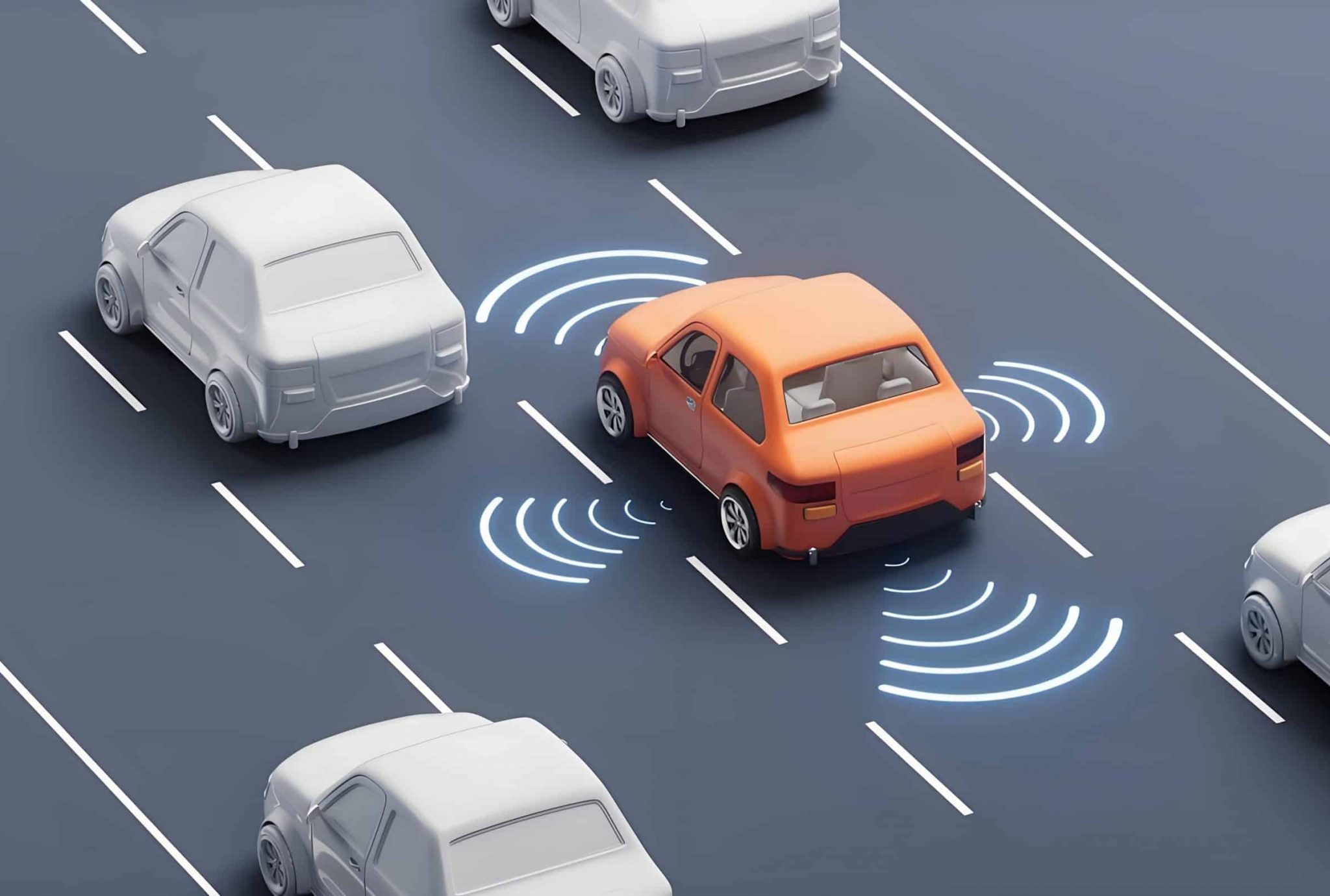The IOT has revolutionized various industries, and fleet management is no exception. By integrating IoT technologies into fleet operations, businesses can gain greater control, enhance efficiency, and reduce costs. This article explores the key ways in which IoT benefits fleet management.
1. Real-Time Vehicle Tracking
IoT-enabled sensors and GPS devices allow fleet managers to monitor their vehicles in real-time. This tracking technology provides instant updates on the vehicle’s location, speed, fuel consumption, and more. Real-time data ensures that fleet managers can make informed decisions on route optimization, dispatching, and emergency interventions. It also helps in preventing unauthorized vehicle use or theft, as the fleet manager can track the vehicle’s movement at all times.
2. Preventative Maintenance
One of the most valuable features of IoT in fleet management is predictive maintenance. IoT sensors can continuously monitor a vehicle’s key components such as the engine, brakes, and tires. These sensors send alerts when any part is showing signs of wear or malfunction. By catching issues early, fleet managers can schedule repairs before they result in costly breakdowns, which improves vehicle uptime and extends the overall lifespan of the fleet.
3. IOT improved Fuel Efficiency
IoT solutions can track fuel consumption and identify patterns that lead to inefficiency. By analyzing this data, fleet managers can pinpoint specific vehicles or drivers who are wasting fuel, whether due to poor driving habits, inefficient routes, or underperforming vehicles. With this information, managers can adjust routes, implement driver training, and even schedule more efficient refueling practices. Optimizing fuel use directly reduces costs and environmental impact.
4. Driver Behavior Monitoring
IoT devices in vehicles also capture data on driver behavior, such as speed, acceleration, braking patterns, and idling time. By analyzing this data, fleet managers can identify risky driving habits and coach drivers to improve safety and efficiency. For example, harsh braking or rapid acceleration can increase fuel consumption and wear on vehicle components. With IoT data, managers can implement targeted training programs, promote safe driving habits, and ultimately reduce accidents and operational costs.
5. IOT enhanced Safety
Safety is a top priority in fleet management, and IoT plays a crucial role in enhancing vehicle and driver safety. IoT devices can monitor vehicle conditions like tire pressure, engine temperature, and brake performance. If any parameter goes beyond the safety threshold, the system sends real-time alerts to fleet managers or drivers, prompting immediate action.
6. Automated Reporting and Analytics
IoT solutions generate a wealth of data, and this data can be transformed into actionable insights through automated reporting and analytics. Fleet managers can easily access reports on fuel consumption, maintenance schedules, driver behavior, and overall fleet performance. By analyzing this data, managers can make more informed decisions, adjust strategies, and continuously improve operations. Automation saves time and ensures that reports are accurate and up-to-date.
7. IOT help reduced Downtime
With IoT, fleet managers can proactively address maintenance issues and avoid unexpected breakdowns. Sensors can detect early signs of mechanical failure and notify managers, enabling them to take preventive action. Additionally, IoT devices can provide detailed diagnostic information, helping mechanics to identify issues more quickly, reducing repair time, and minimizing vehicle downtime.
8. Better Compliance and Reporting
IoT technology helps fleet managers ensure that their vehicles comply with various regulatory requirements, such as emissions standards, safety regulations, and hours-of-service (HOS) rules. IoT solutions can automatically record relevant data, making it easier to generate reports for regulatory bodies. This reduces the administrative burden on fleet managers and ensures compliance with laws and regulations, avoiding fines or penalties.
9. IOT help fleet Optimization
With IoT, fleet managers can optimize routes based on traffic patterns, weather conditions, and vehicle performance. IoT systems can calculate the most efficient routes in real-time, helping drivers avoid congested areas and reducing travel time. Optimized routing leads to lower fuel costs, faster deliveries, and improved customer satisfaction.
10. Integration with Other Technologies
IoT in fleet management does not work in isolation. It can be integrated with other technologies, such as cloud-based platforms, Artificial Intelligence (AI), and machine learning, to offer even more advanced features. For example, AI can predict vehicle failures based on historical data, and cloud platforms can provide access to data from any location, allowing fleet managers to manage their operations remotely.
Conclusion
IoT technology offers a wide array of benefits for fleet management. From real-time vehicle tracking and predictive maintenance to fuel efficiency and driver behavior monitoring, it helps businesses optimize fleet operations, reduce costs, and improve safety. As IoT continues to evolve, it will only become more integrated into fleet management strategies, making it an indispensable tool for businesses looking to stay competitive and efficient in today’s fast-paced market.
By leveraging IoT, fleet managers can make data-driven decisions, enhance operational efficiency, and ensure the safety and longevity of their vehicles—all while providing a better experience for their customers.
Table of Contents
Other post you might like

Reduced fuel consumption and lower operating costs
Reduced fuel consumption with real-time data, advanced software to cut costs and minimise environmental impact.
March 6, 2024

How Do I Embrace Fleet Vehicle Management With Ease?
Do you need to understand the fleet management process and how to easily manage your fleet
March 6, 2024

Telematics in Fleet Management: A Revolution
Telematics is transforming the landscape of fleet management by providing invaluable insights and improving operational efficiency.
September 30, 2024

Benefits of telematics for fleets
Telematics brings greater efficiency and flexibility to fleet management. Learn how telematics can benefit your fleet
September 30, 2024

